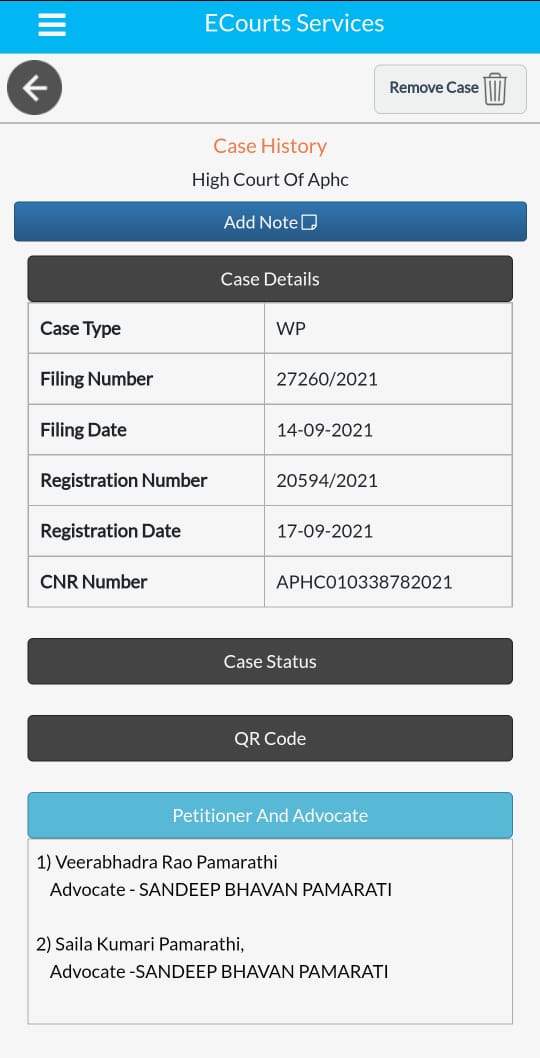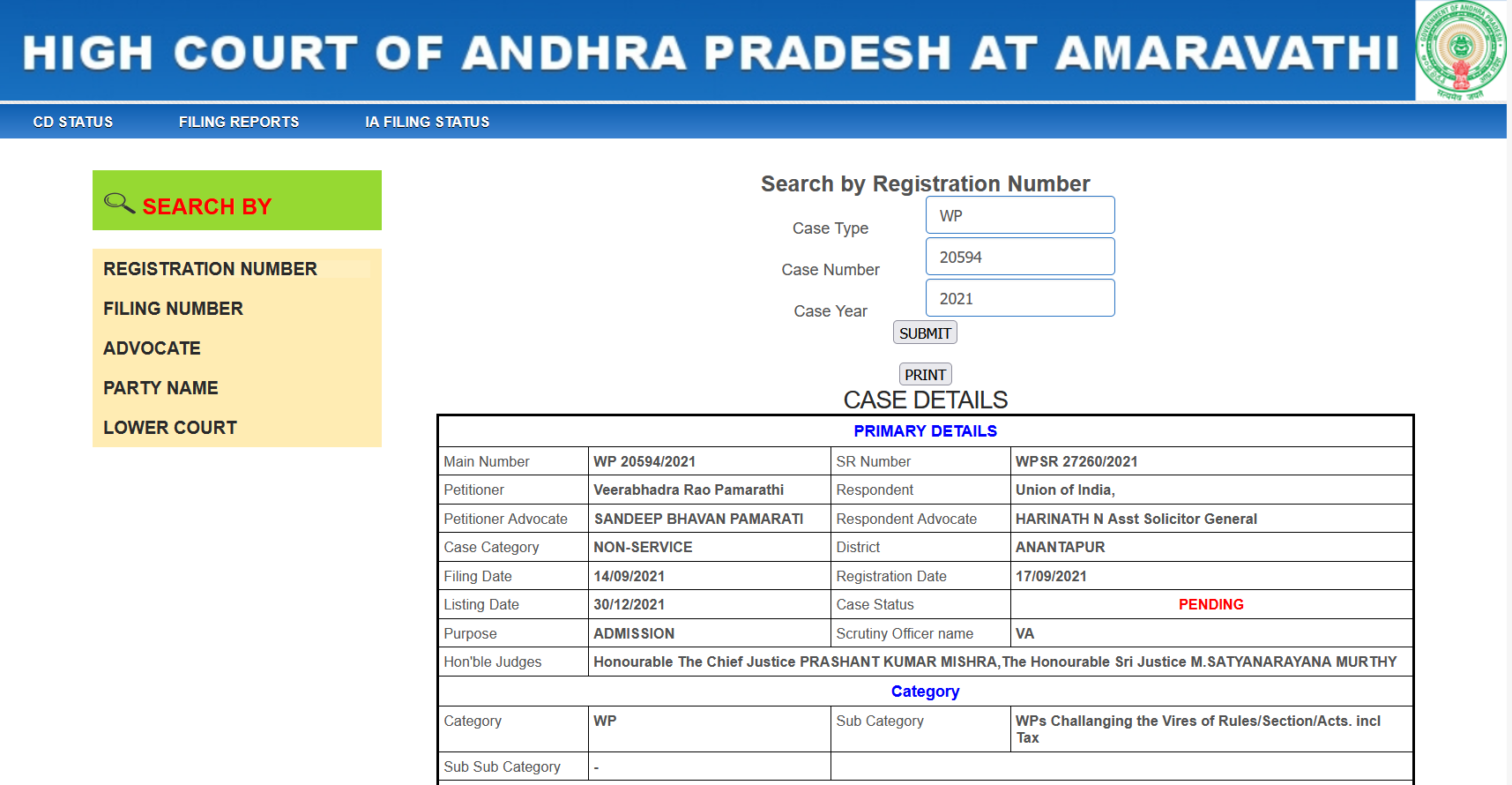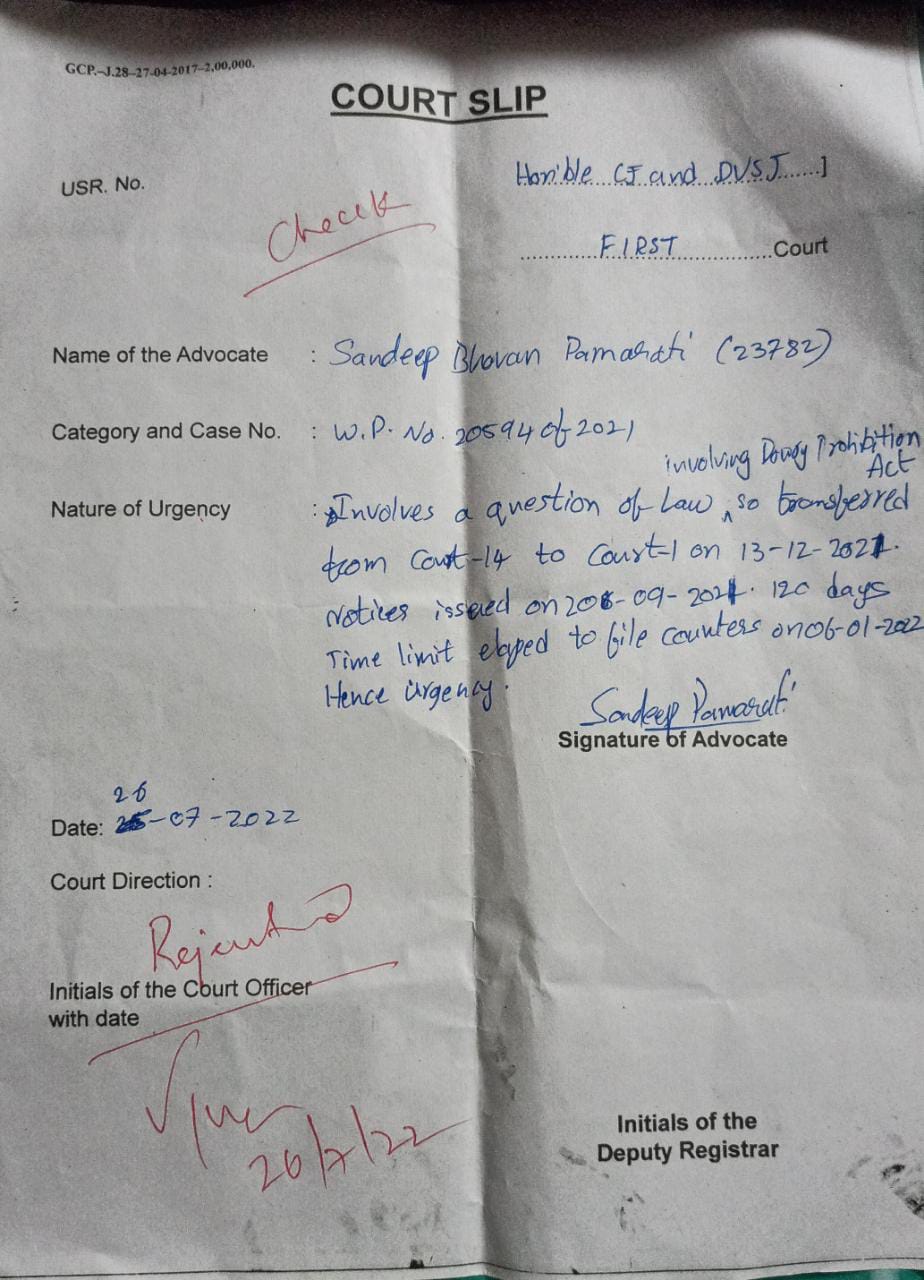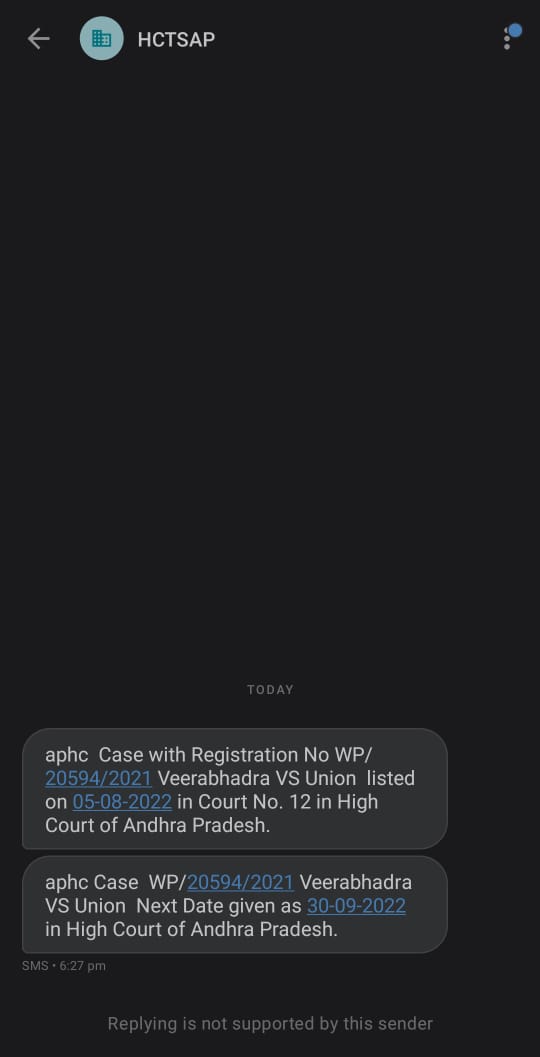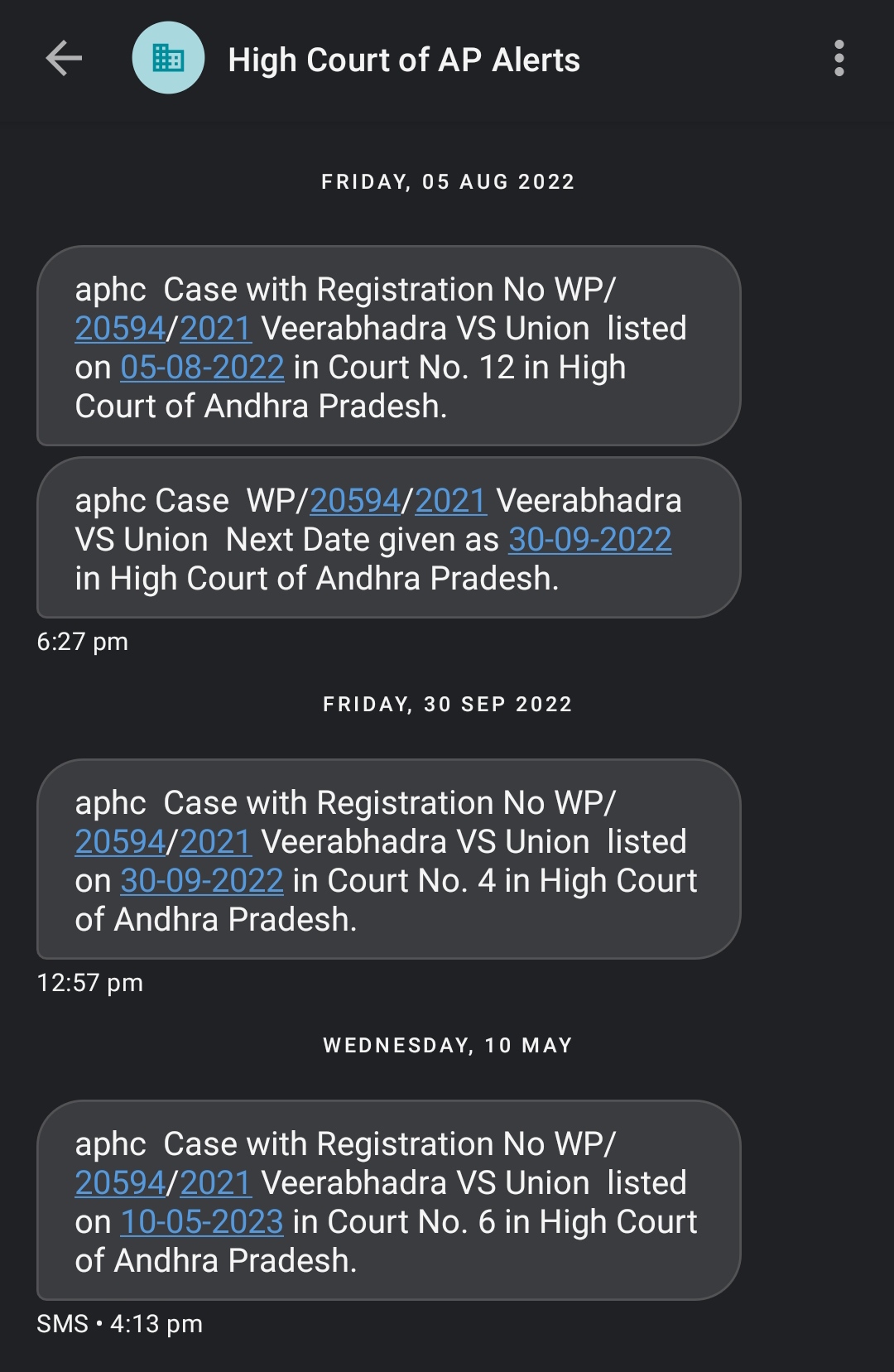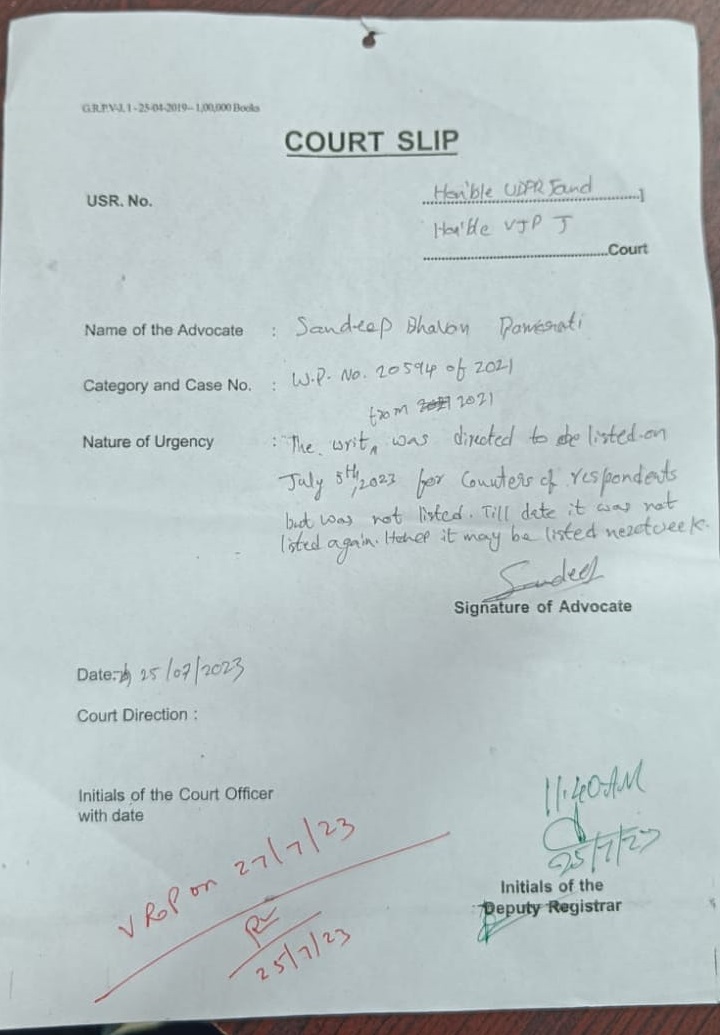This a landmark judgment from a Division bench of the Supreme Court around section 2, 3 and 4 of Dowry Prohibition Act 1961.
Definition of Dowry and the offence of Demanding Dowry
The definition of the term ’dowry’ under Section 2 of the Act shows that any property or valuable security given or “agreed to be given” either directly or indirectly by one party to the marriage to the other party to the marriage “at or before or after the marriage” as a “consideration for the marriage of the said parties” would become ’dowry’ punishable under the Act. Property or valuable security so as to constitute ’dowry’ within the meaning of the Act must therefore be given or demanded “as consideration for the marriage”.
Section 4 of the Act aims at discouraging the very “demand” of “dowry” as a ’Consideration for the marriage’ between the parties thereto and lays down that if any person after the commencement of the Act, “demands”, directly or indirectly, from the parents or guardians of a ’bride’ or ’bridegroom’, as the case may be, any ’dowry’, he shall be punishable with imprisonment which may extend to six months or with fine which may extend to Rs.5,000/- or with both.
Thus, it would be seen that section 4 makes punishable the very demand of property or valuable security as a consideration for marriage, which demand, if satisfied, would constitute the graver offence under section 3 of the Act punishable with imprisonment for a term which shall not be less than five years and with fine which shall not be less than fifteen thousand rupees or the amount of the value of such dowry whichever is more.
The definition of the expression ’dowry’ contained in Section 2 of the Act cannot be confined merely to the ’demand’ of money, property or valuable security ’made at or after the performance of marriage’ as is urged by Mr. Rao. The legislature has in its wisdom while providing for the definition of ’dowry’ emphasised that any money, property or valuable security given, as a consideration for marriage, ’before, at or after the marriage would be covered by the expression ’dowry’ and this definition as contained in Section 2 has to be read wherever the expression ’dowry’ occurs in the Act. Meaning of the expression ’dowry’ as commonly used and understood is different than the peculiar definition thereof under the Act. Under Section 4 of the Act, mere demand of ’dowry’ is sufficient to bring home the offence to an accused. Thus, any “demand” of money, property or valuable security made from the bride or her parents or other relatives by the bridegroom or his parents or other relatives or vice-versa would fall within the mischief of ’dowry’ under the Act where such demand is not properly referable to any legally recognised claim and is consideration of marriage. Marriage in this context would include a proposed marriage also more particularly where the non-fulfilment of the “demand of dowry” leads to the ugly consequence of the marriage not taking place at all. The expression ’dowry’ under the Act must be interpreted in the sense which the Statute wishes to attribute to it. Mr. P.P.Rao, learned senior counsel referred to various dictionaries for the meaning of ’dowry’, ’bride’ and ’bridegroom’ and on the basis of those meanings submitted that ’dowry’ must be construed only as such property, goods or valuable security which is given to a husband by and on behalf of the wife at marriage and any demand made prior to marriage would not amount to dowry. We cannot agree. Where definition has been given in a statute itself, it is neither proper nor desirable to look to the dictionaries etc. to find out the meaning of the expression. The definition given in the statute is the determinative- factor. The Act is a piece of social legislation which aims to check the growing menace of the social evil of dowry and it makes punishable not only the actual receiving of dowry but also the very demand of dowry made before or at the time or after the marriage where such demand is referable to the consideration of marriage. Dowry as a quid pro for marriage is prohibited and not the giving of traditional presents to the bride or the bride groom by friends and relatives. Thus, voluntary presents given at or before or after the marriage to the bride or the bridegroom, as the case may be, of a traditional nature, which are given not as a consideration for marriage but out of love, affection on regard, would not fall within the mischief of the expression ’dowry’ mare punishable under the Act.
On the point of Interpretation of Statutes
S.Gopal Reddy Vs State of Andhra Pradesh on 11 Jul 1996It is a well known rule of interpretation of statutes that the text and the context of the entire Act must be looked into while interpreting any of the expressions used in a statute. The courts must look to the object which the statute seeks to achieve while interpreting any of the provisions of the Act. A purposive approach for interpreting the Act is necessary. We are unable to persuade ourselves to agree with Mr. Rao that it is only the property or valuable security given at the time of marriage which would bring the same within the definition of ’dowry’ punishable under the Act, as such an interpretation would be defeating the very object for which the Act was enacted. Keeping in view the object of the Act, “demand of dowry” as a consideration for a proposed marriage would also come within the meaning of the expression dowry under the Act. If we were to agree with Mr. Rao that it is only the demand made at or after marriage which is punishable under Section 4 of the Act, Some serious consequences, which the legislature wanted to avoid, are bound to follow. Take for example a case where the bridegroom or his parents or other relatives make a ’demand’ of dowry during marriage negotiations and later on after bringing the bridal party to the bride’s house find that the bride or her parents or relative have not met the earlier ’demand’ and call off the marriage and leave the bride house should they escape the punishment under the Act. The answer has to be an emphatic ’no’. It would be adding insult to injury if we were to countenance that their action would not attract the provisions of Section 4 of the Act. Such an interpretation would frustrate the very object of the Act and would also run contrary to the accepted principles relating to the interpretation of statutes.
Citations : [1996 AD SC 5 229], [1996 AIR SC 2184], [1996 ALD CRI 2 926], [1996 ALT CRI 2 418], [1996 BLJR 2 1329], [1996 CRILJ 3237], [1996 CRIMES SC 3 35], [1997 DMC SC 2 100], [1996 JT SC 6 268], [1996 RCR CRIMINAL 3 153], [1996 SCALE 5 78], [1996 SCC 4 596], [1996 SUPP SCR 3 439], [1996 SCC CRI 792], [1996 OLR SC 2 229]
Other Sources :
https://indiankanoon.org/doc/1213429/
https://www.casemine.com/judgement/in/5609ace1e4b014971140fef2
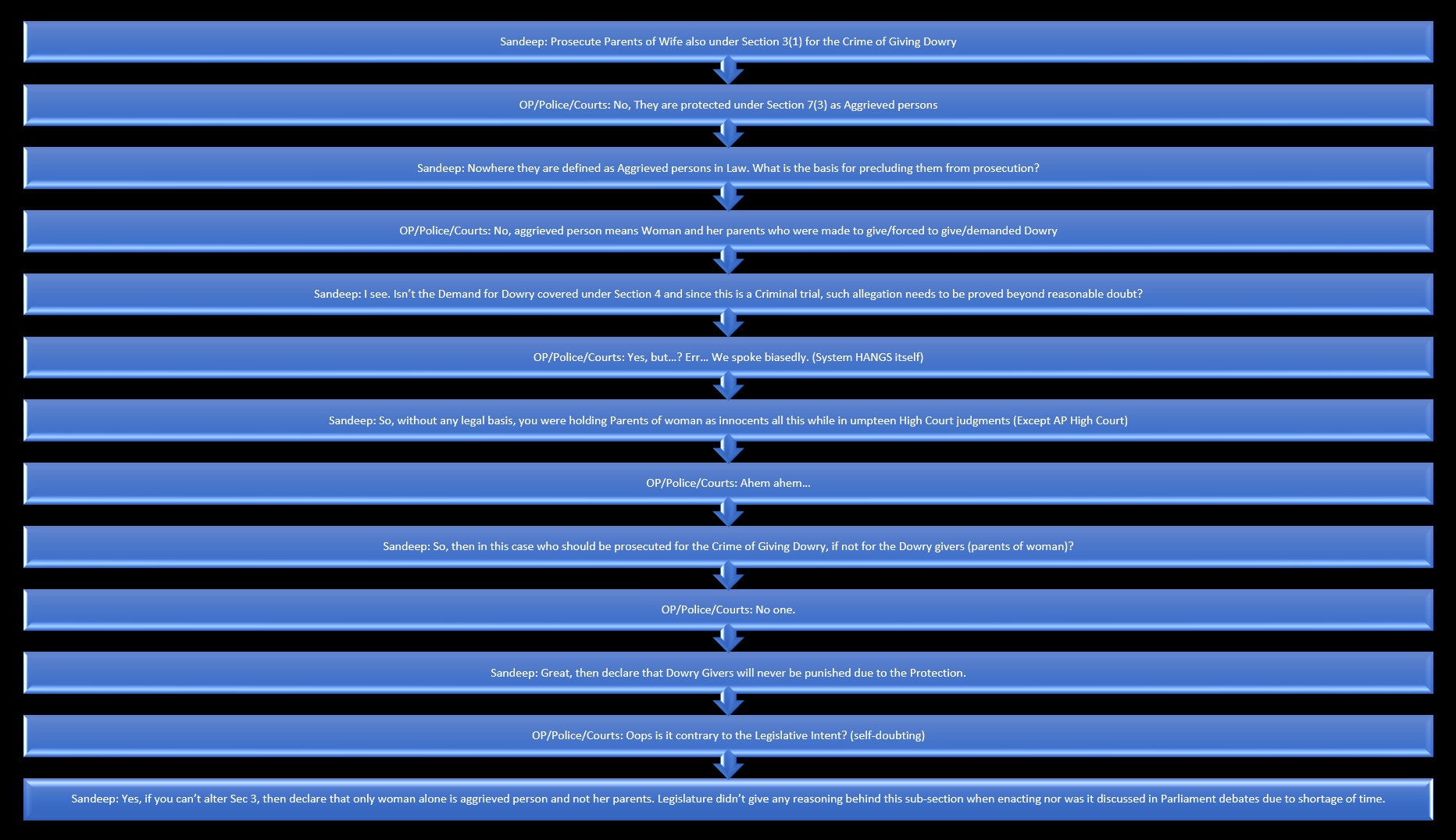
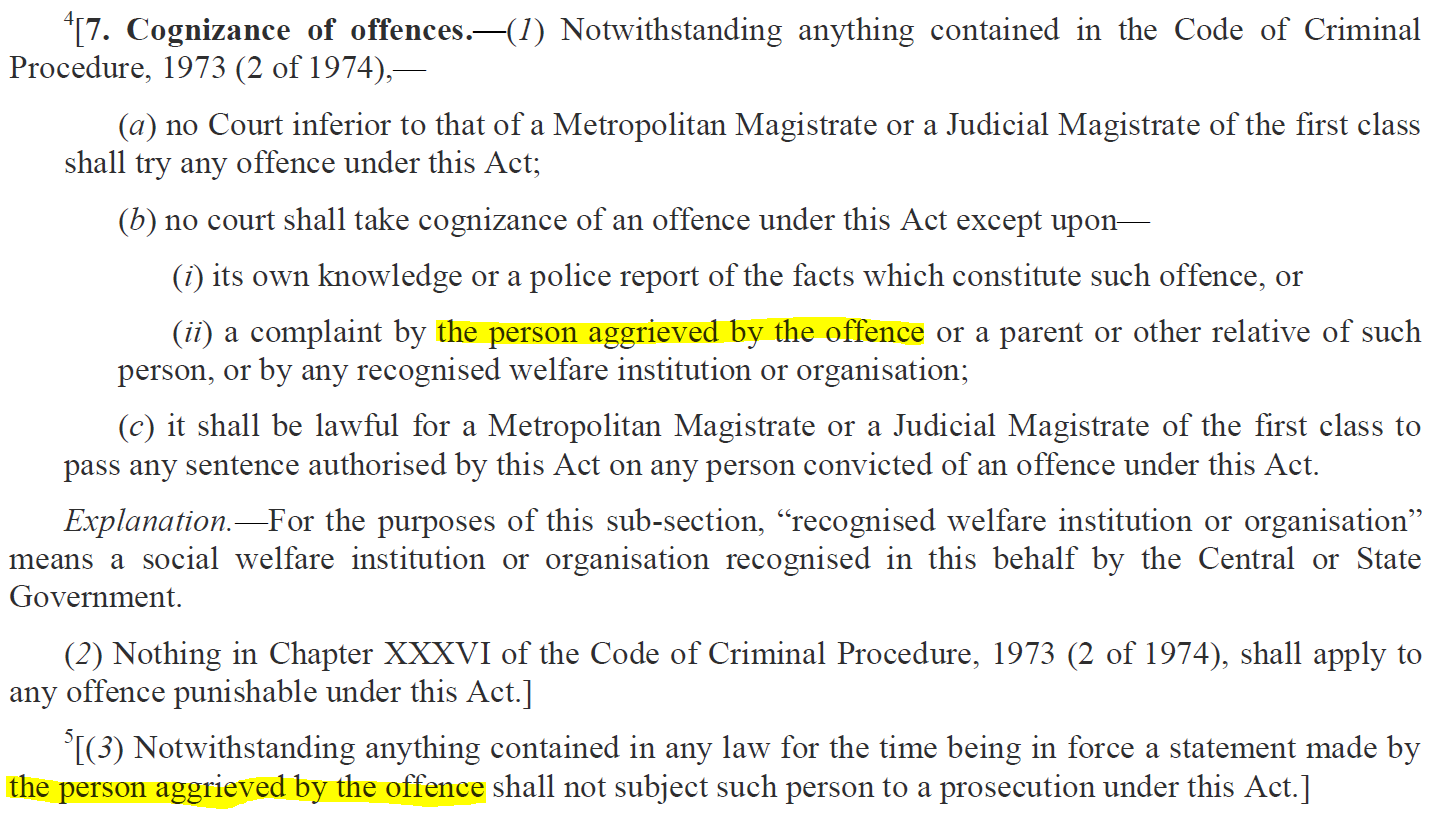
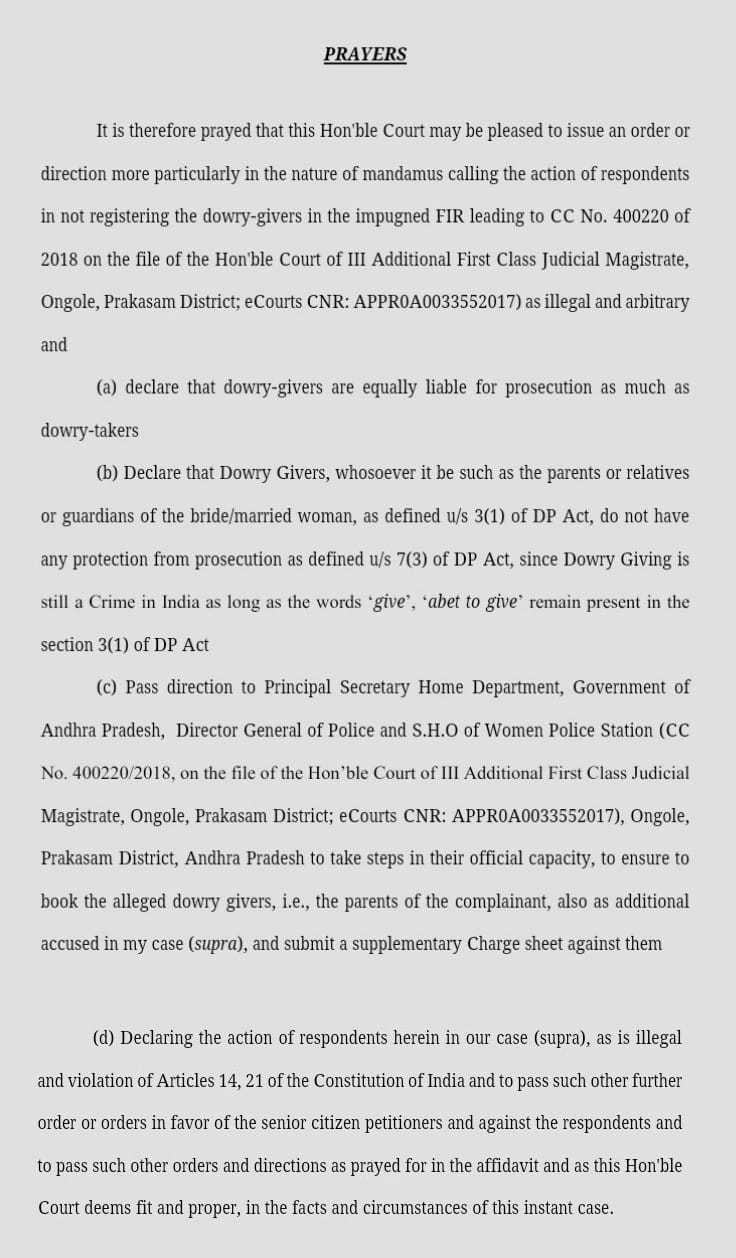

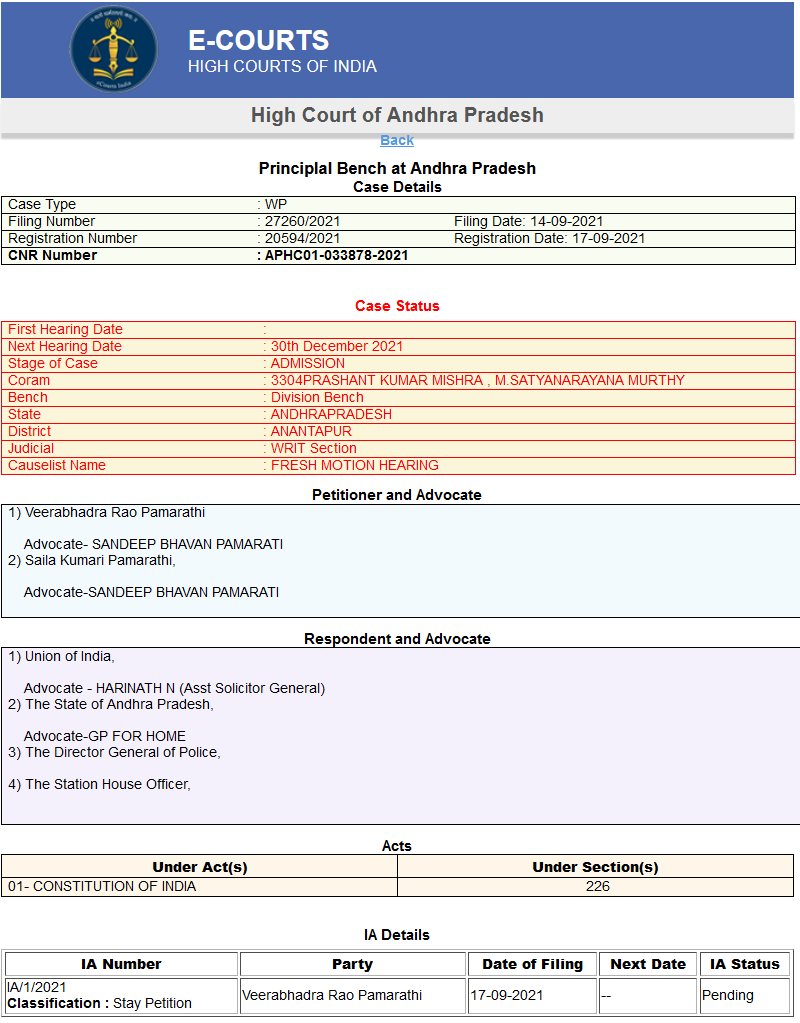 ‘
‘